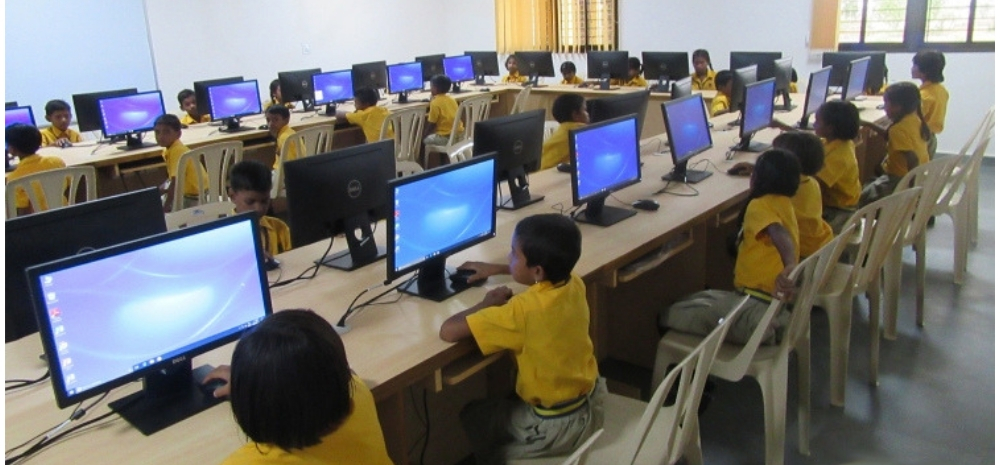51% Indian Students Find Online Learning Difficult – NCERT Mental Health Survey
NCERT, while speaking about the survey on mental health and well-being of students said that studies, examination and results are major causes of anxiety among school students.

Survey Revelations
As per the survey, 33 percent comply with peer pressure most of the times, 73 percent students are satisfied with their school life, while over 45 percent students are not satisfied with their body image.
As much as 29 percent school students lack concentration, while 43 percent students between classes 6 to 12 have mood swings.
Over 3.79 lakh students from 36 states and UTs were surveyed by National Council of Educational Research and Training (NCERT).
In order to help understand the perceptions of school students on aspects related to their mental health and well-being, a task of conducting the survey was carried out by the Manodarpan Cell of the NCERT.
It was during the January and March 2022, the information from students across gender and grades — middle state (6-8) and secondary stage (9 to 12) was collected.
The NCERT said that by making the name column optional, anonymity of participants was ensured. This allowed students the comfort, privacy and independence to respond.
As per the survey report released on Tuesday “Decline in satisfaction with personal and school life is seen as students shift from middle to secondary stage. The secondary stage is marked by challenges of identity crisis, increased sensitivity towards relationships, peer pressure, fear of board examination, anxiety and uncertainty experienced by students for their future admissions, career etc”.
In order to cope with stress, yoga and meditation is frequently adopted strategies by students.
NCERT said that trusting others is one another aspect which helps in order to relate with others, forming social connections and enhances the quality of relationships.
As per the survey, as many as 27% students reported that they frequently trust people.
Lower percentage of students’ responses at both the middle stage (27.4 percent) and secondary stage (26.5 percent) reflects lower trusting ability among students of both stages.
NCERT also said that higher school engagement leads to higher academic achievement and reduced likelihood of students dropping out of schools.
Impact of COVID on Students
It said that different aspects of life were impacted which resulted in changes in routine, lifestyle and the ways in which we interact with others.
The focus of the survey was on the aspects known to contribute to the mental health and well-being of students. It explored students’ perceptions about their own self and how they think others view them in the context of feelings, academics, relationships, peers, managing emotions, handling challenging situations etc as these are important determinants which impact mental health, the NCERT said.

Comments are closed, but trackbacks and pingbacks are open.